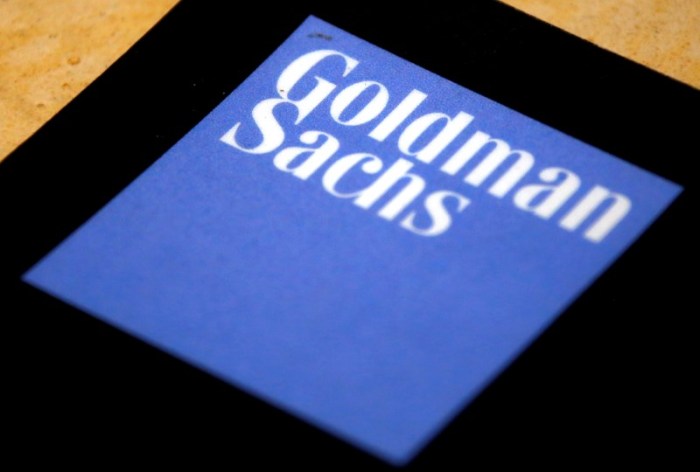By Huw Jones
LONDON (Reuters) – Hedge funds from the United States, Singapore and Hong Kong should be allowed to market themselves in the European Union, the bloc’s financial watchdog said on Tuesday. The long-delayed recommendation from the European Securities and Markets Authority (ESMA) to the EU’s executive European Commission for endorsement is a taste of what Britain’s financial services sector might face after it leaves the bloc. A new EU law requires ESMA to say for the first time if rules for hedge funds and other alternative investments such as private equity in non-EU countries are as strict as those in the 28-country bloc. A new EU law requires ESMA to say for the first time if rules for hedge funds and other alternative investments such as private equity in non-EU countries are as strict as those in the 28-country bloc. A positive view means that asset managers based outside the EU get a “passport” to continue offering services to investors across Europe, replacing a system of country-by-country private placement authorization. ESMA also gave the green light to hedge funds from Canada, Guernsey, Japan, Cayman Islands, Jersey, Australia, and Switzerland, with provisos for some of them.
“We remain optimistic that ESMA will be in a position in the not too distant future to provide a full and positive assessment for the Cayman Islands and Bermuda in the same manner,” said industry trade body AIMA said in a statement on Tuesday. In a preliminary finding, ESMA had not been able to recommend equivalence for the United States, the world’s biggest hedge fund center, because of competition concerns.
Equivalence will allow the much bigger U.S. mutual funds sector as well as hedge funds to operate across the EU, ESMA had said.
“UK hedge fund managers do not use the passport in significant numbers so this ESMA advice is not particularly relevant either way,” said Leonard Ng, a partner at law firm Sidley Austin in London. “However, it does reinforce the likelihood that the UK would be positively assessed by ESMA post-Brexit, given the UK would already have implemented the AIFMD in full.”
Regarding the United States, ESMA said: “With respect to the competition and market disruption criteria, ESMA considers there is no significant obstacle for funds marketed by managers to professional investors which do not involve any public offering”. “However, ESMA considers that in the case of funds marketed by managers to professional investors which do involve a public offering, a potential extension of the AIFMD (alternative investment fund managers directive) passport to the U.S. risks an un-level playing field between EU and non-EU AIFMs.” ESMA recommended the EU took action to “mitigate this risk”.
Britain, which voted last month to leave the EU, has one of the world’s biggest hedge fund centers and would have to undergo the same “equivalence” process unless the UK is able to keep its “passporting” access to the single market like at present. The EU watchdog had already deemed Jersey, Guernsey and Switzerland as being “equivalent”, but the Commission said it would wait for ESMA to approve more countries before endorsing these decisions. It said that for Bermuda and the Cayman Islands it could not give a definitive recommendation regarding investor protection and effectiveness of enforcement.
“For the Isle of Man, ESMA finds that the absence of an AIFMD-like regime makes it difficult to assess whether the investor protection criterion is met,” it added.
Granting passports starts a three-year countdown to the expiry of the national authorization regime, raising issues of timing if some countries obtain passports well before others.
(Reporting by Huw Jones; additional reporting by Maiya Keidan; editing by Jason Neely and Mark Potter)
EU watchdog backs ‘passport’ for U.S. hedge funds in Europe

By Huw Jones


















